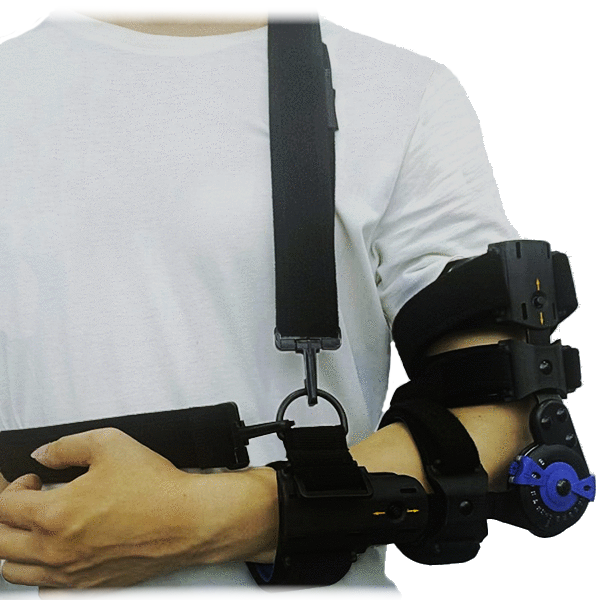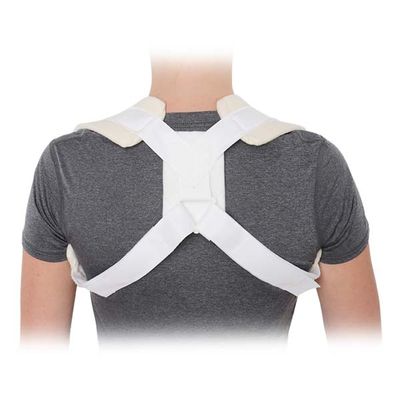Hinge R.O.M. Elbow Brace_Universal
A Hinge R.O.M. Elbow Brace is an orthopedic device designed to provide support and controlled movement for the elbow joint, primarily used during rehabilitation from surgery or injury. This brace allows for the adjustment of the elbow's range of motion (R.O.M.), helping patients progressively regain mobility while ensuring stability and preventing re-injury.
SUGGESTED HCPC: L3760 and L3761
ORDER NUMBER: 2320-R, 2330-L
SIZE: Right & Left Universal (see sizing chart to the left)
PRODUCT HIGHLIGHTS:
• Plush padding for comfort fit
• Adjustable arm contours for exact fit
• Telescopic length adjustments at forearm and biceps
• Adjustable strapping system
INDICATIONS:
Soft tissue strains / repairs, Post-op surgery.
SUGGESTED HCPC: L3760 and L3761
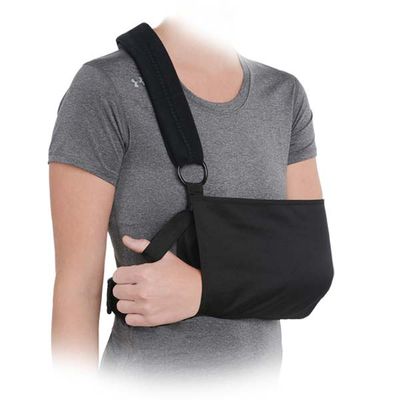
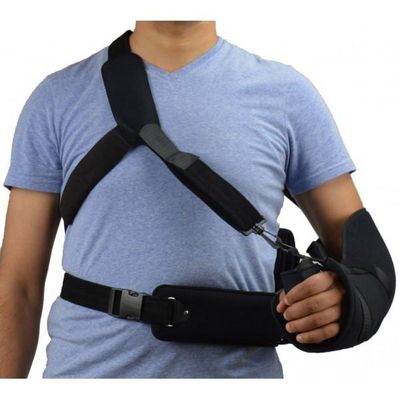
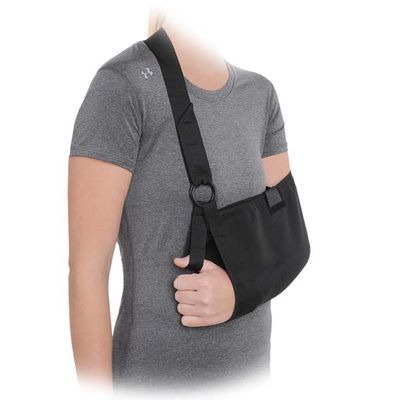
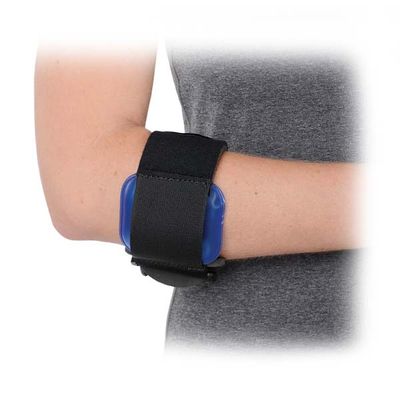

Order Online Your Orthopedic Brace
Braces, while also used for stabilization, serve a slightly different function. They are more flexible than splints and are designed to provide support through compression rather than full immobilization. Braces are often used for ongoing support during recovery or for chronic conditions like arthritis. Constructed from materials such as neoprene, elastic, or cotton, braces may also incorporate metal components for added reinforcement, but their primary function is to allow controlled movement while preventing overextension or strain.
A splint is a medical device used to stabilize and protect an injured joint, bone, or soft tissue, helping to promote healing by restricting movement and preventing further damage. Splints can vary in rigidity based on the nature of the injury. Rigid splints are often made from materials like plastic, metal, or fiberglass, providing firm immobilization for more severe injuries such as fractures. Soft splints, on the other hand, are typically made from materials like foam or fabric and are used in cases requiring more flexibility, such as sprains or strains, where complete immobilization is unnecessary.

